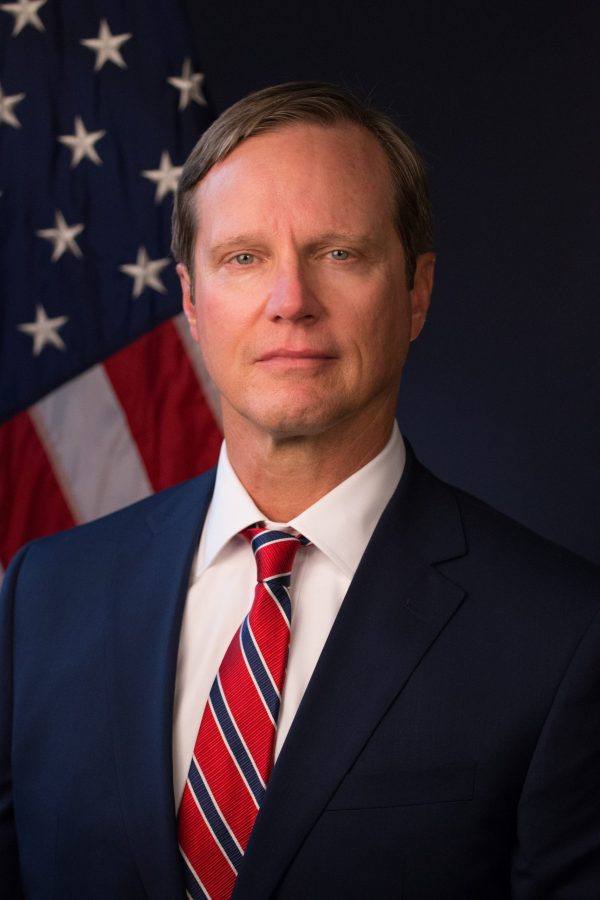
Though the global pandemic will define memories of 2020, the past year’s cultural earthquake also demanded priority attention to long-overdue needs for social justice reform.
Earthquakes often hit without much warning, roiling the surface for a relatively brief time. But they actually are the culmination of extended periods of upheaval deep beneath the surface. When society’s fault lines erupt, longstanding friction points include a history of inequality and disparities in education, housing, health care, and access to capital, aggravated by such realities as environmental injustice.
Regardless of the event that causes the fracture, one common element is usually at the epicenter: law enforcement.
The conflicts that broke out last summer over racial and justice equity were the result of over 400 years of concerns. On one side of this fault line were underserved communities, most often Black; on the other side, too often, was law enforcement. While the underlying causes aren’t all related to law enforcement, conflict often results from the interaction between law enforcement and communities that historically have been wronged. This is especially so when the interaction involves the use of force.
As 2021 advances, those of us in the legal system must work diligently to reform policies and procedures to enhance both the perception and the reality of equal justice under the law.
Our country is divided over how federal, state, and local law enforcement work to protect our communities. Resolving this conflict over community expectations of law enforcement is at the center of the social justice work ahead.
Claims of excessive force by police often pivot on whether officers followed appropriate law standards. Increased police use of body-worn cameras can help establish the facts. I believe we should provide public access to these video images as soon as possible after questionable incidents, while minimizing the risk to official investigations. This prompt transparency and public accountability are essential to building stronger community trust in law enforcement.
The eruptions that came to a head last summer are the product of a lamentable cycle of action and reaction, on both sides. More crime in an area produces a greater police presence, which leads to more police stops – and more encounters carrying potential for the use of force. Sometimes, too much force is used.
A review of policing standards is necessary, and should involve an organized community-wide discussion of society’s fundamental expectations regarding law enforcement. The role of recidivism in the cycle of criminality and the need for effective re-entry programs to break this cycle are also integral to the conversation.
In the Northern District of Florida, we are fundamentally revising our BLAST program – Building Lasting Relationships Between Law Enforcement and the Community – to includes direction from the community, not just from law enforcement. We will heavily involve the Black community (and especially youth) in the content, and will work with law enforcement to engage the community in this vital, ongoing public exchange. This will include a publicly streamed roundtable discussion about BLAST as part of our celebration of Black History Month in February.
We can make 2021 a historic year of renewed trust in law enforcement, if we are transparent and accountable to the public we are sworn to protect and serve. That effort is a priority already underway in our office, as it must be in communities everywhere.
Lawrence Keefe, U.S. Attorney for the Northern District of Florida





































